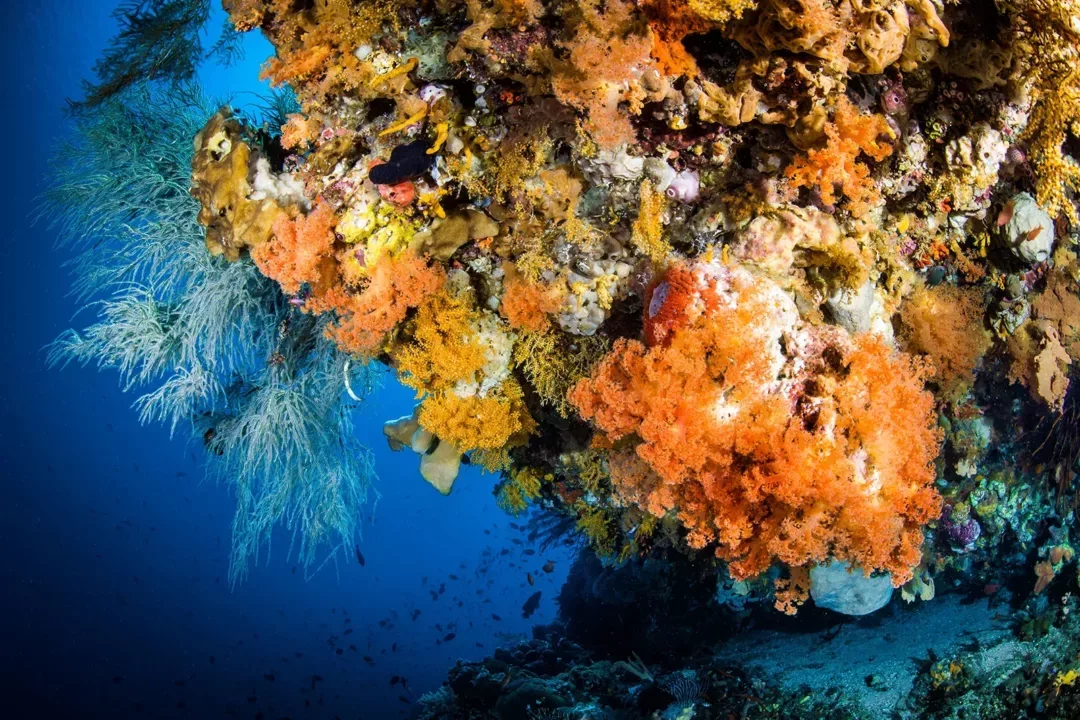The Secretariat of the Convention on Biological Diversity (CBD) launched the fifth Global Biodiversity Outlook (GBO-5) on 15 September 2020, during the first of four days of ‘Special Virtual Sessions’ taking place due to the COVID-19 pandemic.
This flagship publication of the CBD reports progress on the Aichi Biodiversity Targets and examines progress and prospects for interdependent transitions by 2050 related to eight areas: Land and Forests; Freshwater; Fisheries and Oceans; Sustainable Agriculture; Food Systems; Cities and Infrastructure; Climate Action; and One Health.
The report comes as the COVID-19 pandemic challenges people to rethink their relationship with nature and to consider the profound consequences to their own wellbeing and survival that can result from continued biodiversity loss and the degradation of ecosystems.
“Many good things are happening around the world and these should be celebrated and encouraged. Nevertheless, the rate of biodiversity loss is unprecedented in human history and pressures are intensifying. Earth’s living systems as a whole are being compromised. And the more humanity exploits nature in unsustainable ways and undermines its contributions to people, the more we undermine our own wellbeing, security and prosperity,” said CBD Executive Secretary, Elizabeth Maruma Mrema.
“As nature degrades,” Ms Mrema continued, “new opportunities emerge for the spread to humans and animals of devastating diseases like this year’s coronavirus. The window of time available is short, but the pandemic has also demonstrated that transformative changes are possible when they must be made.”
With respect to the Aichi Biodiversity Targets, set in 2010, the analysis based on the 6th set of national reports to the CBD and the latest scientific findings shows that seven of 60 “elements” — success criteria — within the 20 targets have been achieved and 38 show progress. In the case of 13 elements, no progress was made, or a move away from the target was indicated, and for two elements the level of progress is unknown. The report concludes that, overall, of the 20 targets, six of them (9, 11, 16, 17, 19 and 20) were partially achieved by the 2020 deadline. By partially met, GBO5 refers to targets where at least one distinct element has been met.
The report states that the Target 10 related to coral reefs (by 2015, the multiple anthropogenic pressures on coral reefs, and other vulnerable ecosystems impacted by climate change or ocean acidification are minimized, so as to maintain their integrity and functioning) was missed by the stated date of 2015, and has not been achieved by 2020 (high confidence).
Multiple threats continue to affect coral reefs and other vulnerable ecosystems impacted by climate change and ocean acidification. Overfishing, nutrient pollution and coastal development compound the effects of coral bleaching. Corals have shown the most rapid increase in extinction risk of all assessed groups. Hard coral cover has declined significantly in some regions, and there has been a shift towards coral species less able to support diverse reef habitats. Other ecosystems especially in mountains and polar regions have experienced significant impacts from climate change, compounded by other pressures.
GBO-5 underlines the urgent need to act to slow and end further loss, and highlights examples of proven measures available to help achieve the world’s agreed vision: “Living in harmony with nature” by 2050.

